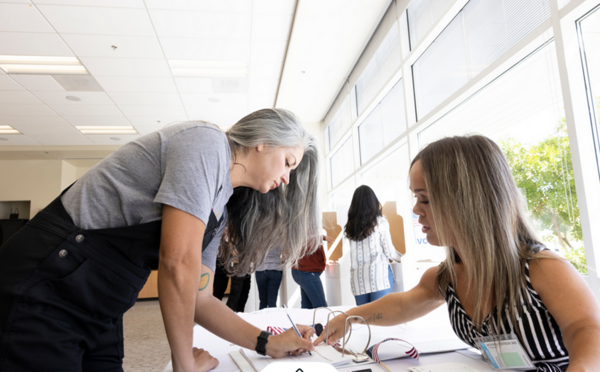New EU guide on disability inclusive electoral practice

Any citizen has the right to participate in the political life of their country. Upholding this right includes facilitating access to the voting poll station, enabling individuals to vote autonomously and privately, ensuring access to join a political party or standing as candidate. These rights are outlined in the Universal Declaration of Human Rights, the UN Convention on the Rights of Persons with Disabilities, and the Charter of Fundamental Rights of the European Union.
Unfortunately, there are many barriers in place preventing people with disabilities from actively participating in the political, local and global, decision-making. These barriers can include inaccessible voting stations or low availability of accessible information.
To support the electoral rights of people with disabilities, especially with the upcoming EU elections in sight, the European Commission has published a Guide of good electoral practices in Member States addressing the participation of citizens with disabilities in the electoral process.
About the guide
Written in collaboration with Member States, the guide was released ahead of the 2024 European elections. Published in December 2023, the guide maps out the key issues faced by citizens with disabilities, considering and outlining the EU framework, and offers a list of ways in which the electoral processes can be made more accessible. To do so the guide outlines useful and good practices from different Member States.
Not only this, but it presents a concrete framework of actions that can be followed. It covers the importance of building infrastructure for mobility, training election officials to assist people with disabilities, and having outreach efforts in place. By providing examples of practices already in place in different Member States, the guide shows alternative ways of building accessibility.
For example, it presents different ways of adapting voting booths, designing accessible polling stations, and includes comparisons for the availability of assistive tools between different Member States.

